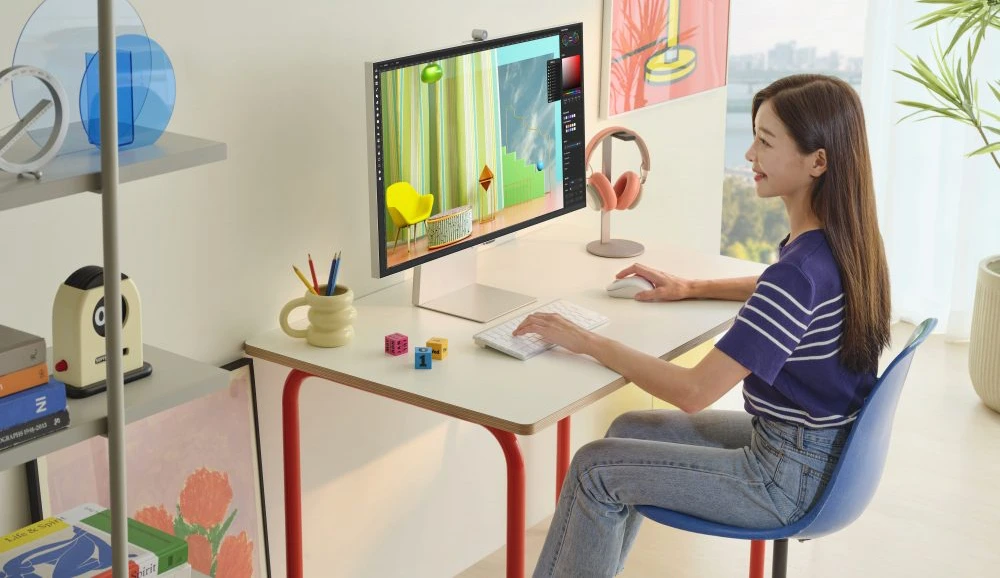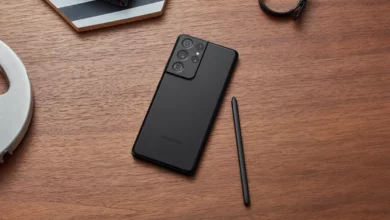Samsung to debut a 500Hz OLED monitor panel next year

Samsung is planning to expand the range of its OLED panel by unveiling a new premium OLED panel with a refresh rate of 500Hz in the first half of next year.
Samsung is setting up to introduce a new high-end OLED panel in early 2025 that will feature Quantum Dot technology and will stand strong against its rival. According to the report from ETNews, the upcoming OLED will boast a refresh rate of 500Hz, which will surpass LG Display’s 480Hz WOLED panel.
If the report is to be believed, the Korean tech giant is gearing up on an OLED gaming monitor with an impressive 500Hz refresh rate. However, already a few monitors with 500Hz are available in the market, including MSI, Dell, and Acer, but their IPS/TN panel technology falls short of OLED panels in terms of image quality.
The forthcoming panel will upgrade Samsung’s current QD-OLED technology, and it will also max out at 27 inches and feature a 2,560 x 1,440 resolution. On the other side, LG Display recently announced a 480Hz OLED panel, which is the fastest one in the market. Now to compete and lead the market, Samsung is actively working on a faster 500Hz QD-OLED panel.
It’s expected that Samsung will debut the monitor at CES 2025, which will complement the latest Nvidia and AMD GPUs. For now, there are no details regarding the peak brightness, color accuracy, and response times, but the panel is anticipated to deliver exceptional performance.


